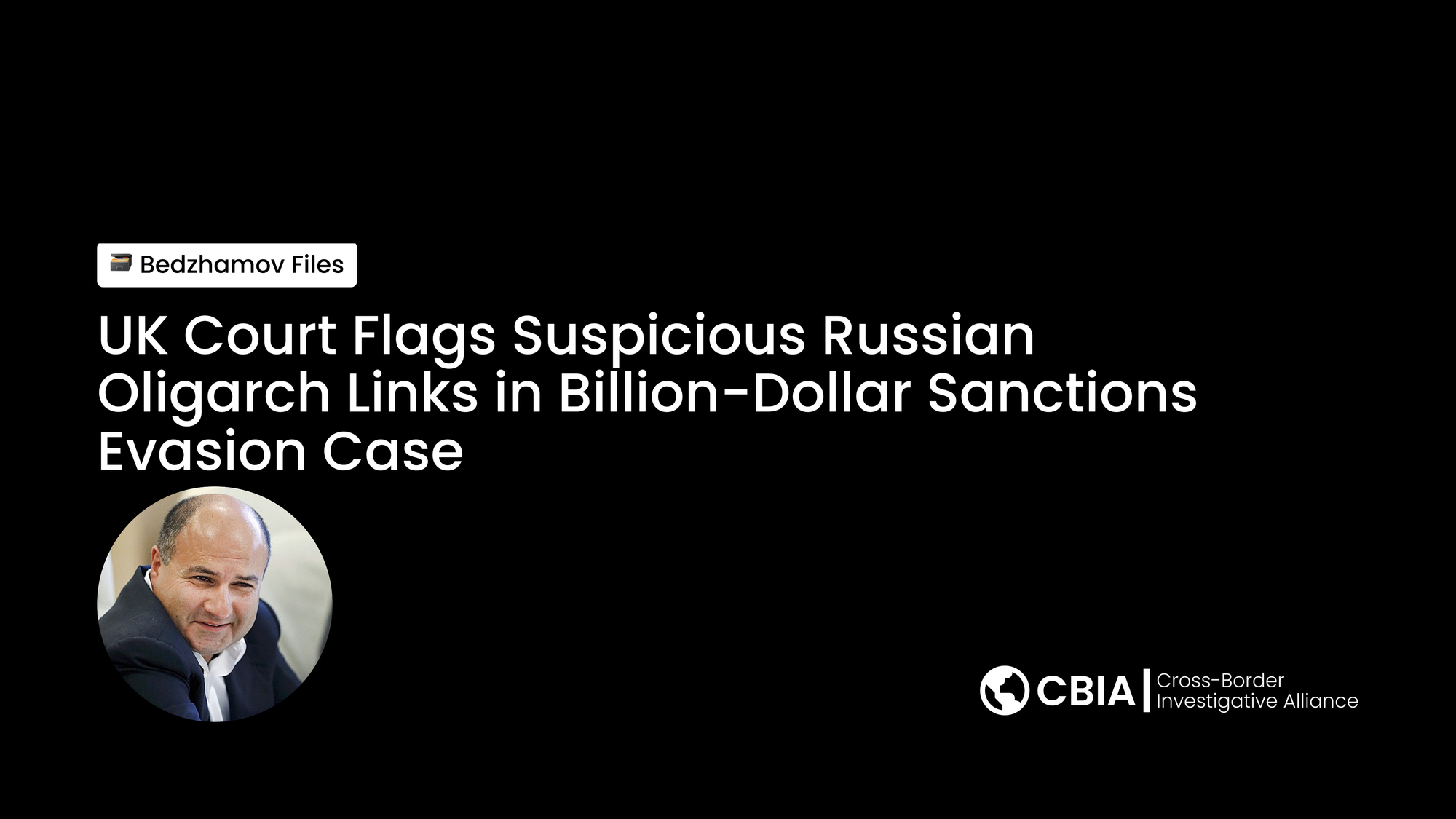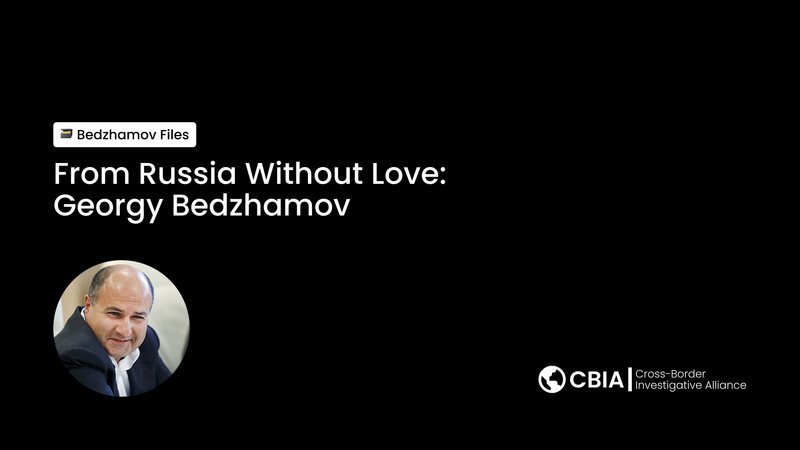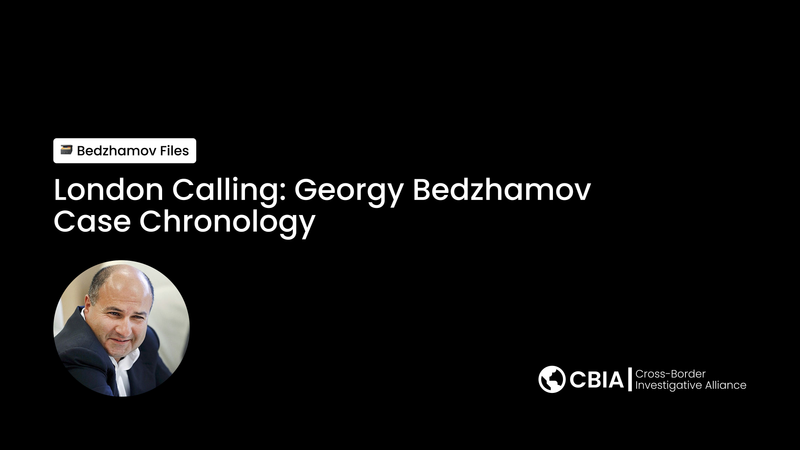UK Court Flags Suspicious Russian Oligarch Links in Billion-Dollar Sanctions Evasion Case

A UK High Court ruling has exposed a complex web of potential sanctions evasion in a billion-dollar legal battle involving a defunct Russian bank, with a judge finding 'reasonable cause to suspect' that a litigation funder may be controlled by sanctioned Russian oligarchs.
The case centers on Vneshprombank LLC v Bedzhamov, where the Russian bank is seeking to recover over $1.34 billion allegedly embezzled by its former president, Georgy Bedzhamov [1]. The dispute has taken on international significance due to concerns that the litigation funder, A1 LLC, remains under the control of sanctioned individuals despite an apparent sale designed to circumvent UK sanctions.
A Suspicious Sale for $900
Justice Sara Cockerill of the UK High Court raised serious concerns about the legitimacy of A1 LLC's ownership transfer. Originally owned by sanctioned Russian oligarchs Mikhail Fridman, German Khan, and Alexey Kuzmichev—founders of the Alfa Group—A1 was sold for approximately $900 to Alexander Fayn, a longtime employee, just before the sanctions took effect in March 2022 [1].
"The figure given for the sale price is surprising on its face. The financial documentation adduced fails to provide a coherent or robust justification for that figure," Justice Cockerill wrote in her judgment [1]. The court noted that A1's balance sheet showed assets that were not properly accounted for, including a $20 million debt owed by Vneshprombank and approximately $4 million held in court as security [1].
Questions of Control and Timing
The judge found multiple overlapping indicators suggesting the transfer was not an arms-length transaction. The sale to 80-year-old Fayn, who had previously held only nominal 0.01% shareholdings in related companies, raised red flags about whether he was acting as a nominee for the sanctioned oligarchs [1].
Timing was also suspicious. The ownership changes occurred just days before the UK designated Fridman, Khan, and Kuzmichev on March 15, 2022, following Russia's invasion of Ukraine. The court noted that the evidence about when exactly the share transfers took place was "unsatisfactory" and lacked proper verification [1].
Joint Arrangements and Ongoing Control
The court determined there was reasonable cause to suspect that the three oligarchs had operated under a "joint arrangement" where they exercised their rights collectively. Before the sale, their combined shareholdings (Fridman 42.9%, Khan 29.1%, Kuzmichev 22.9%) meant any two of them could control the company, suggesting coordinated decision-making [1].
Even after the purported sale, the court found evidence suggesting continued influence. The declarations made by the former owners denying any ongoing control were described as "concerted," potentially indicating ongoing coordination rather than genuine divestment [1].
Broader Sanctions Enforcement Implications
This case highlights critical gaps in international sanctions enforcement. While the UK court ruling doesn't definitively prove ongoing control by sanctioned individuals, it establishes "reasonable cause to suspect" such control exists—a standard that typically triggers asset freezing requirements under UK sanctions law.
The case also illustrates how litigation funding can become a vehicle for sanctions evasion. A1 had been funding the multi-billion dollar recovery action against Bedzhamov, potentially allowing sanctioned oligarchs to continue benefiting from legal proceedings despite international restrictions [2].
New Funder, Same Questions
Since the court hearing, A1 has reportedly been replaced by another Russian company, Cezar Legal Consulting Agency, as the litigation funder. However, this change has raised additional due diligence concerns, as both the new funder and its third-party payer are Russian entities [2].
The timing of the funder change—occurring after judicial scrutiny intensified—suggests ongoing attempts to distance the litigation from sanctioned individuals while potentially maintaining similar control structures.
Impact on Asset Recovery
The sanctions questions complicate efforts to recover the estimated $2 billion allegedly stolen from Vneshprombank. If courts determine that litigation funders remain controlled by sanctioned individuals, any recovered assets could be frozen rather than returned to depositors or creditors [1].
This creates a perverse situation where sanctions designed to pressure Russian oligarchs may inadvertently harm the victims of financial crimes. The case demonstrates the need for more sophisticated approaches to sanctions enforcement that can distinguish between legitimate asset recovery and sanctions evasion.
Global Implications
The Vneshprombank case reflects broader challenges facing courts and regulators worldwide as they attempt to enforce sanctions while ensuring legitimate legal proceedings can continue. Similar questions have arisen in other jurisdictions about the use of litigation funding by entities connected to sanctioned individuals.
US Treasury Deputy Secretary Wally Adeyemo has indicated that American authorities are examining the use of litigation finance by foreign actors, particularly following investigations revealing A1's backing of lawsuits in both New York and London [2].
The UK court's careful analysis provides a template for other jurisdictions grappling with similar sanctions evasion schemes. By focusing on the substance of transactions rather than their formal structure, courts can better identify attempts to circumvent international sanctions while maintaining the appearance of compliance.
The case remains ongoing, with the ultimate resolution likely to influence how courts worldwide approach the intersection of sanctions law, litigation funding, and asset recovery in an increasingly complex international legal landscape.
Sources
[1] UK Courts and Tribunals Judiciary, Vneshprombank v Bedzhamov Judgment, May 2024
[2] Bloomberg Law, "UK Judge Rules Funder Is Likely Owned by Sanctioned Russians," May 7, 2024



